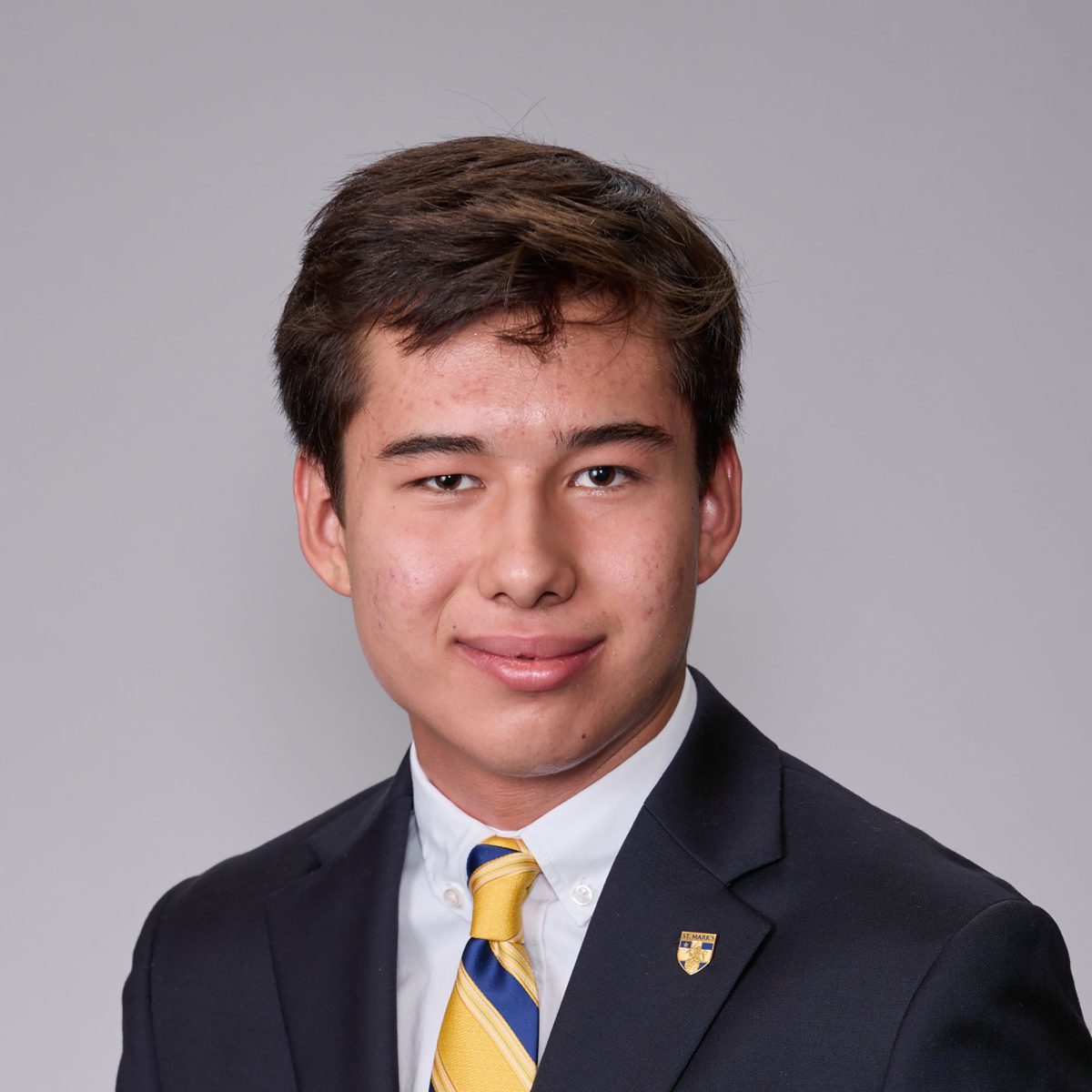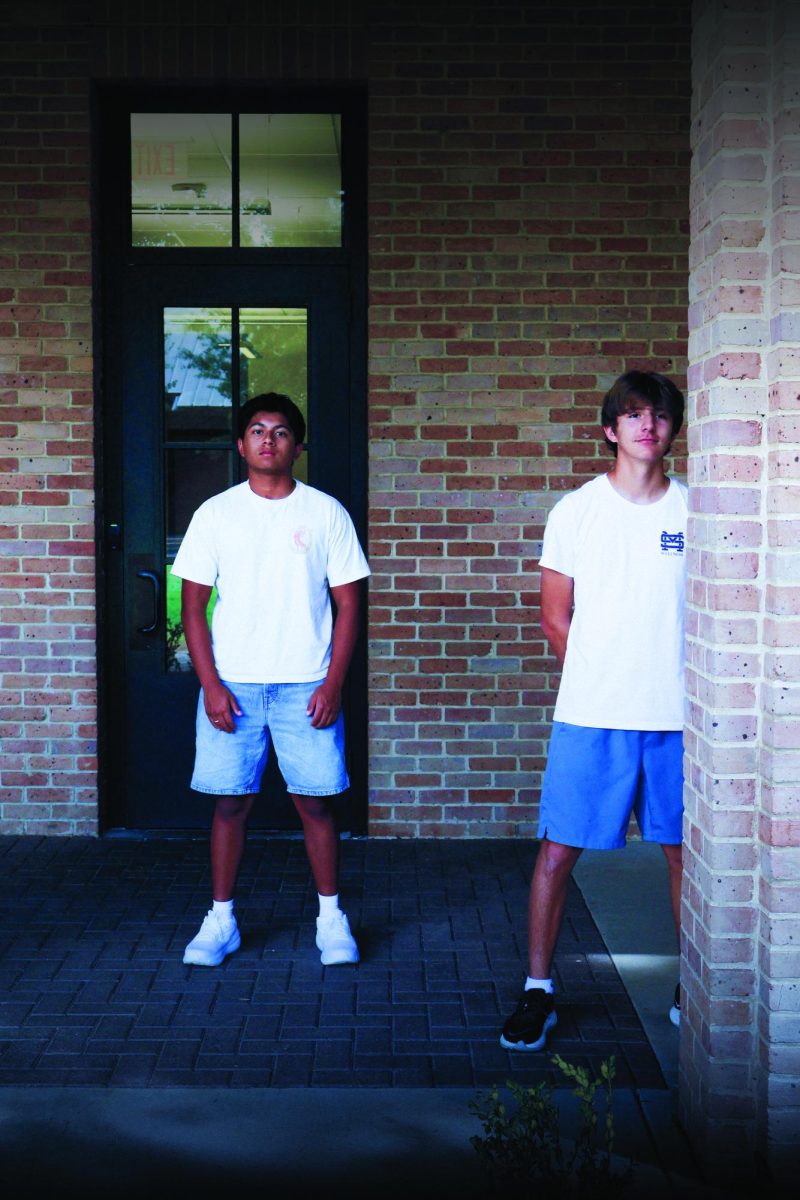For Tufts University student Rümeysa Öztürk, March 25 was just another day. A Muslim, she left her house to celebrate Iftar, Ramadan’s evening meal, with friends. Then, six officers—none in uniform—approached her on the street. They arrested her, put her in an unmarked car, and, before long, she found herself in an ICE facility in Louisiana, more than 1,500 miles away.
But Öztürk wasn’t in the country illegally, and her papers hadn’t expired. She was on a student visa and had spent years in America at various colleges, contributing to the country’s intellectual environment. The PhD student hadn’t committed a crime—she had contributed to an article for the Tufts Daily student newspaper, where she criticized Israel’s actions in Gaza and her university’s policy on pro-Palestinian protests.
It wasn’t long before the public noticed the connection between her arrest and the article, and that she was almost certainly detained, with her visa taken away, for this reason. As ICE later said in a press statement, she had “engaged in activities in support of Hamas,” though the agency did not release any evidence to back the accusation.
The glaring issue, however, is not her deportation or how poorly she was treated. It’s what it was for: the most basic American liberty of freedom of expression. From all the evidence available, she is a prisoner of conscience in the United States of America. Her arrest, in the middle of the street without an indictment or warrant by plainclothes officers feels like something that would be more likley to happen in an authoritarian country.
As it stands, Öztürk will not receive the full rights of a trial, instead getting a hearing before an immigration court. She isn’t definitively innocent, but if she is deported the public may never know the truth. And Öztürk isn’t close to being the only one in her situation. Several students across America’s universities have faced deportation and the revocation of their student visas for a number of reasons, almost all political.
Bizarrely, a new “Catch and Revoke” policy by the State Department seeks to weed out students whom they deem unfit to remain in the country. But this review is not a careful, in-depth analysis to ensure no false accusations: the entire program is based on using AI to spy on students’ activity and then determine whether they are fit for deportation. Recently, Secretary of State Marco Rubio almost seemed to brag that more than 300 student visas had been revoked by the administration, mainly for activism.
In another incident, Columbia University graduate student Mahmoud Khalil, a lawful permanent resident, was similarly detained for being a leader and spokesperson at pro-Palestinian protests held at the university. To deport him, Rubio applied a Cold War-era, 1952 law that allowed him to designate non-citizens for deportation himself. A judge recently ruled this deportation legal which could set a dangerous precedent for the hundreds of other detained students. The case still can be appealed, though, so time will tell whether or not judges sympathize with protestors like him. If deported, Khalil will be forced to leave behind his American wife, who is expecting a child in mere weeks.
These actions to restrict free speech are a startling and flagrant violation of the rule of law and America’s values. Though non-citizens and international students don’t enjoy some of the rights that citizens do, they deserve respect and morality. And, as the Supreme Court has previously ruled, even noncitizens in the United States are protected by the First Amendment.
With this recent shift, countless international students and other immigrants will face detention and deportation or have to live in constant fear of it, something unthinkable in a country that has prided itself on being the land of the free. These students aren’t accused of blatant crimes that would warrant a severe punishment or hasty deportation — their crime is speaking their mind.
For many aspiring international students, America could slowly become no longer the land of opportunity or the country with the world’s most prestigious universities. It could become a place where making the wrong statement could land them inside of a cell, betrayed by the country they worked so hard to be a part of. This is a devastating blow to the U.S. — international students help bring intelligence, expertise, and a unique perspective to American universities, contributing to their vaunted status in the world. If they instead become pariahs, they, and the quality of American education, will undoubtedly suffer.
This situation also presents a scary vision for America’s future. Though international students and other immigrants are the ones affected now, there’s no telling that this injustice couldn’t someday spread to U.S. citizens. If expressing controversial opinions is now grounds for legal retribution, then millions of American citizens, who make up the vast majority of protestors, will be in danger.
There have already been moves to erode the rule of law in other areas. Though the government hasn’t taken direct action to arrest citizens involved in college protests, it has threatened retribution by withholding hundreds of millions of dollars from universities if they allow protests deemed crossing the line. Similarly, law firms representing government opponents have also faced targeting.
These actions serve to slowly chip away at the line between freedom and tyranny. Little steps like the deportation of students for free speech, or the threatening of college campuses, could easily add up to something even worse. It’s important for students to support each other, and to not let their inalienable rights slowly fall by the wayside. Several lawsuits already seek to prevent these unconstitutional actions, though few have received definitive rulings. In the meantime, everyday Americans need to stand up for their international brothers and sisters, or else face going through the same injustices themselves.






